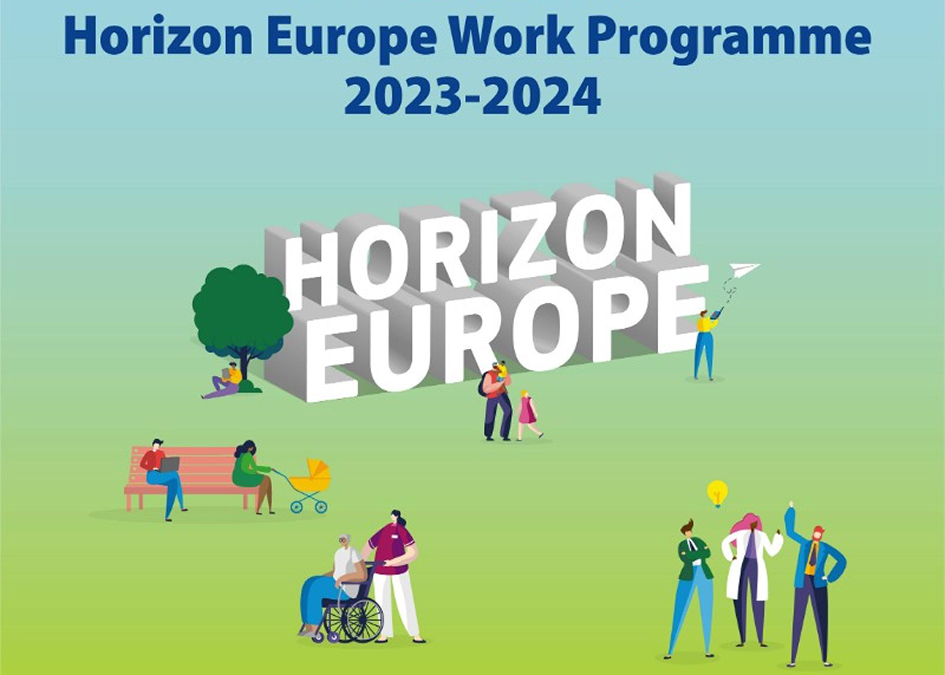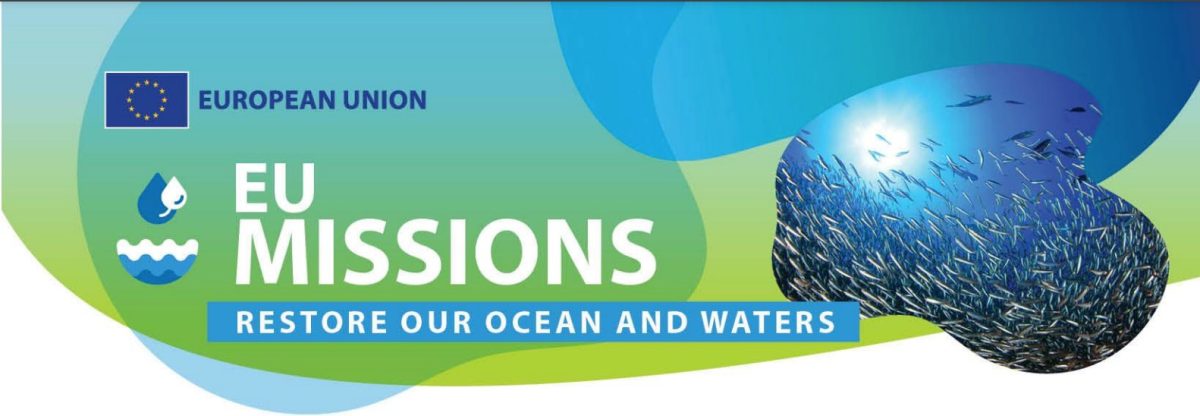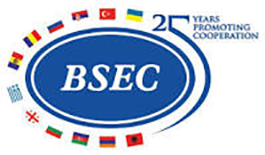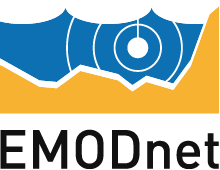Connections

European Commission
Directorate-General for Maritime Affairs and Fisheries or DG MARE: is a Directorate-General of the European Commission, responsible for the policy area of fisheries, the Law of the Sea and Maritime Affairs of the European Union.
Directorate General for Research and Innovation is responsible for EU policy on research, science and innovation, with a view to help create growth and jobs and tackle the biggest societal challenges.
The European MSP Platform is an information and communication gateway designed to offer support to all EU Member States in their efforts to implement MSP in the years to come. With the adoption of the EU Directive on Maritime Spatial Planning (2014/89/EU), all coastal EU Member States are required to prepare cross-sectoral maritime spatial plans by 2021. Funded by the EU Directorate General for Maritime Affairs and Fisheries (DG MARE), the European MSP Platform acts as the central exchange forum for the rich knowledge generated in past, current and upcoming MSP processes and projects. This will allow officials, planners and other stakeholders interested in MSP to build on what is already available, avoid duplication of efforts, assist in capacity building and foster development of new practices.
Horizon Europe is the EU’s key funding programme for research and innovation. Following the Multiannual Financial Framework Midterm Review (MTR) decision, the indicative funding amount for Horizon Europe for the period 2021-2027 is EUR 93.5 billion. The programme facilitates collaboration and strengthens the impact of research and innovation in developing, supporting and implementing EU policies while tackling global challenges. It supports creating and better dispersing of excellent knowledge and technologies.
- With a 2030 target, the EU Mission "Restore our Ocean and Waters" aims to protect and restore the health of our ocean and waters through research and innovation, citizen engagement and blue investments. The Mission’s new approach will address the ocean and waters as one and play a key role in achieving climate neutrality and restoring nature. Cross-cutting enabling actions will support this objective, in particular broad public mobilisation and engagement and a digital ocean and water knowledge system, known as Digital Twin Ocean. The Mission supports regional engagement and cooperation through area-based “lighthouses” in major sea/river basins: Atlantic-Arctic, Mediterranean Sea, Baltic-North Sea, and Danube-Black Sea. Mission lighthouses are sites to pilot, demonstrate, develop and deploy the Mission activities across EU seas and river basins.

Programme LIFE (: LIFE is the EU financial instrument supporting environmental, nature conservation and climate action projects throughout the EU. Since 1992, LIFE has co-financed more than 4500 projects. For the 2014-2020 funding period, LIFE will contribute approximately €3.4 billion to the protection of the environment and climate.
The European Blue Forum is intended to be a pan-European Stakeholder group, able to come together to discuss shared challenges and priorities over the medium term with the aim of finding consensus, synergies and solutions towards a common vision.
Black Sea Economic Cooperation (BSEC) came into existence as a unique and promising model of multilateral political and economic initiative with the signing of the Istanbul Summit Declaration and the Bosphorus Statement by the Heads of State and Government of the countries in the region, on 25 June 1992. With the entry into force of its Charter on 1 May 1999, BSEC acquired international legal identity and was transformed into a full-fledged regional economic organization - the Organization of the Black Sea Economic Cooperation.
The European Centre for information on Marine Science and Technology (EuroOcean), established in 2002, is an independent scientific non-governmental organisation whose membership comprises leading European marine research, funding and outreach organisations.
The European Marine Observation and Data Network (EMODnet) is a network of organisations supported by the EU’s integrated maritime policy. These organisations work together to observe the sea, process the data according to international standards and make that information freely available as interoperable data layers and data products.
